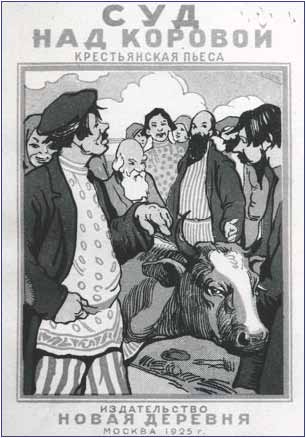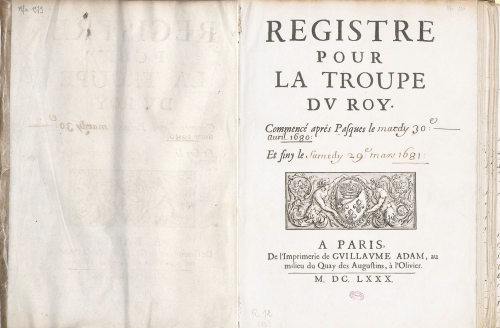Research & UROP

Members of the MIT History faculty offer students the opportunity to assist them in their research. Knowledge of a foreign language is occasionally helpful as are web skills. The most important qualities for a successful UROP student in History are the curiosity about the past and enthusiasm for original research.

Russian and Soviet History
Professor Elizabeth Wood, E51-282, x 3-3255, author of two books on politics and culture in the 1920s in the Soviet Union, is now working on a project on the performance of politics in contemporary Russia under Vladimir Putin, drawing on insights from her work in that earlier era of Soviet history. She is looking for a UROP student to do research in an enormous database of Russian newspapers today to obtain information about images of Putin that are being generated by central and regional authorities for mass consumption.

Digital Humanities and Theater Research Opportunity in Norway
Students interested in the digital humanities, history, and theater in eighteenth and nineteenth-century Europe may wish to consider participating in a new project that will start this fall. MIT has long participated in the Comédie-Française Registers Project, a partnership with the Comédie-Française theater troupe in Paris. This project makes the troupe’s daily box office and expense records going back to 1680, and digital tools to analyze the data, freely available on the web. In this new project, MIT will partner with researchers at the University of Bergen in Norway who are digitizing similar daily records for the Royal Danish Theater Company in Copenhagen in the eighteenth and nineteenth centuries. The immediate goal of the project is to create online search tools that will allow users to interrogate the French and Danish databases simultaneously. This work will facilitate the comparative study of the repertory and financial records for these troupes. The long-term goal is to create a platform that will allow us to add data from eighteenth and nineteenth-century theaters in London, Amsterdam, St. Domingue, and perhaps other European capitals and colonial centers in this period and thereby encourage even broader research into the international cultural history of the period.
The work commitment will be 5-10 hours per week during the term in the fall, to be compensated at the current UROP rate. There will be a meeting in person at MIT with the Norway team on Oct 22-23, which students will be encouraged to attend. Students continuing with the project in the spring will once again be asked to put in 5-10 hours/week at the standard UROP rate. In addition, they will travel with the MIT team over spring break (March 24-28) to Bergen, Norway for in-person meetings with the Norway team on their campus. Travel and lodging for this trip will be covered by a MISTI Seed Funds Grant supporting the project.
Interested students should contact Professor Anne McCants, the Director of Concourse, or Professor Jeff Ravel in the MIT History Section (21H) for more information.